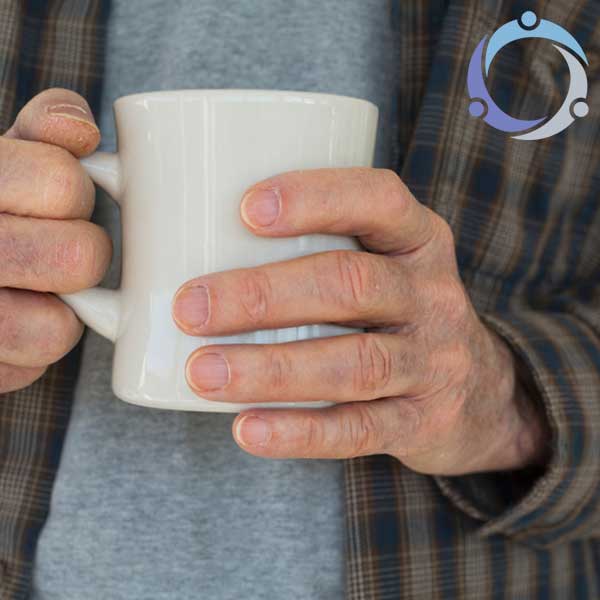
Contributed by Haley Buress
If you are searching for hospice care at home, you are likely experiencing a wide range of emotions. Depending on how you came to your current situation, you might be struggling with issues of peace and understanding, as well as grief and confusion. But giving your loved one the chance to spend their last months at home is one of the best gifts you can give. People who are able to die at home are given the chance to be around those that they love, surrounded by their favorite things at home. Because we know that hospice care at home can be uncharted territory for many caregivers, we have compiled a few things that you need to know when bringing the service home with you.
Don’t wait
Hospice care at home features a team that is entirely dedicated to supporting your loved one, you, and your whole family throughout the disease process. The sooner that you and your loved one can start taking advantage of hospice, the sooner you both can start using hospice services that range from medication evaluation, pain interventions, and support groups. It is unfortunate when hospice is seen as something for the last days of life when hospice care at home services could have started years before. If your loved one has a terminal diagnosis, hospice care at home can start driving the care and treatment plan for your loved one, focusing on comfort and peace. Hospice does not mean imminent death, but instead a person-centered approach to dying with dignity and grace.
The team is varied
The hospice team that you and your loved one will likely work with will be varied in expertise and specialty. This wide range of experience and talent is one of the top benefits of working with a hospice team. Your loved one will have the chance to have pain and medications reviewed by a doctor and nurse with experience in end of life care. Music therapists, social workers, and spiritual support are often a part of the team as well, giving weekly visits with your loved one and with you.
It doesn’t have to be your home
If your loved one doesn’t want to return home for the final months of life, that option is also available. Hospice care can also happen in a nursing home or an in-patient environment, or you can go to another home. For example, if mom is terminal but doesn’t want to return to her home due to distance or other reasons, you can have her spend her last months in your home. Hospice services will work with you to make any environment – her home, your home, an in-patient room – as comfortable as possible. They will help you get a hospital bed when necessary, as well as any other medical equipment.
They care about you, too
Hospice care is focused on the patient, certainly. However, many hospice agencies are also dedicated to you, the caregiver. Hospice services often include a paid home health aide to come in and assist with activities of daily living (ADL’s) and medication. Take advantage of this time for yourself to get out and about, reminding yourself that you are more than just the caregiver role. You can also work with hospice to arrange respite care for your loved one if you are headed out of town for the weekend or an extended period. Finally, hospice also often offers support groups and can connect you with ways to recognize and work through your grief. Even better, most hospice services for the caregiver do not stop when the patient passes away. Family members or loved ones are often invited to memorial services, support services, and other educational groups well after the patient dies.
Death isn’t ideal. However, when paired with the right match of a compassionate and person-centered hospice agency, death can become supported and dignified.

